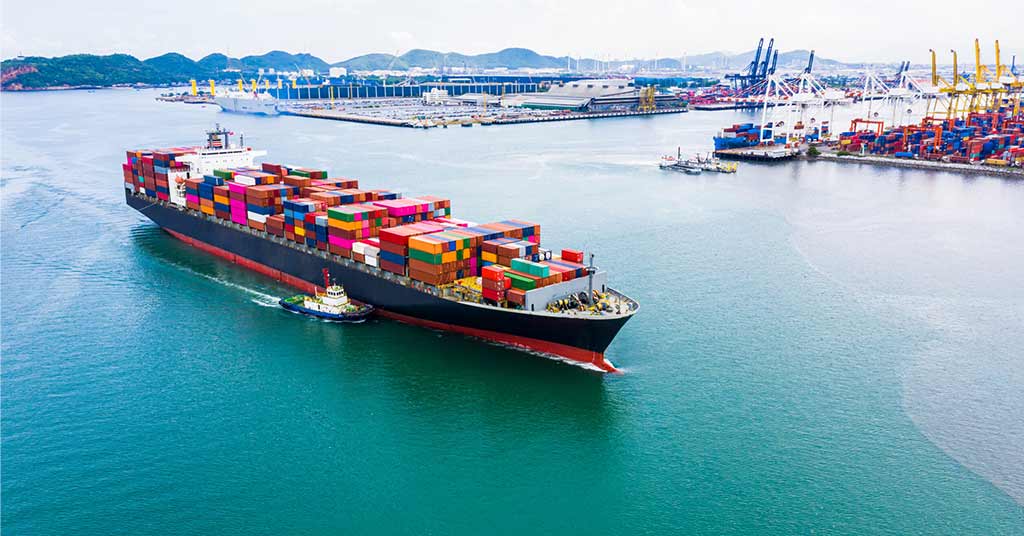Welcome To ChemAnalyst

In recent developments, the prospect of ongoing security issues along the Red Sea trade route could lead to a substantial increase of 25-30% in freight rates for Indian shipments destined for Europe and Africa. This crucial trade route, serving as the shortest path for ships traveling from Asia to Europe, is currently marred by security concerns, especially in the Bab-el-Mandeb Strait. The significance of this disruption lies in the fact that 30% of global container traffic relies on this route, and India heavily depends on it for trade with West Asia, Africa, and Europe.
The security threat escalated when Houthi militants based in Yemen targeted the Liberian-flagged ship Palatium III with an anti-ship ballistic missile. As a consequence, a majority of insurance companies have opted not to provide coverage for shipments traversing the Red Sea. Some insurers have even introduced a $5,200 war risk surcharge, adding an additional layer of cost to freight charges. This development is particularly worrisome as it comes at a time when global exports are already facing a slowdown due to subdued demand.
Ajay Sahai, the Director General and Chief Executive Officer of the Federation of Indian Export Organisations (FIEO), emphasized the seriousness of the situation, stating that if the disruption persists, there could be a significant jump of 25-30% in freight rates, severely impacting Indian exporters. However, Sahai also suggested that active patrolling of the area by countries like the United States (US) and France could mitigate the risk and stabilize the situation.
In response to the security concerns, the US has announced the launch of a multinational force comprising 10 countries, including Bahrain, Canada, France, and Italy. This collective effort aims to protect trade in the Red Sea, offering a potential solution to alleviate the security threats faced by shipping in the region.
India's heavy reliance on the Bab-el-Mandeb Strait for crude oil, liquefied natural gas (LNG) imports, and trade with key regions necessitates a strategic resolution to prevent any potential disruptions. The Global Trade Research Initiative (GTRI), a think tank, highlighted the economic and security implications of any disturbance in shipping through the strait. The current security concerns have raised apprehensions about increased energy costs, as India may be forced to resort to longer routes around the Cape of Good Hope. Additionally, the heightened risks could lead to elevated insurance premiums and freight rates, adversely impacting Indian traders.
Amidst the security tensions, major shipping companies, including Danish firm Maersk, Swiss-Italian Mediterranean Shipping Company, German Hapag-Lloyd, and French CMA CGM, have decided to halt operations through the region. The situation underscores the delicate balance between global trade routes, security measures, and the potential economic consequences for nations heavily reliant on these maritime passages. As international efforts are mobilized to address the security challenges, the impact on freight rates and trade dynamics remains a critical concern for the affected nations, especially India.
We use cookies to deliver the best possible experience on our website. To learn more, visit our Privacy Policy. By continuing to use this site or by closing this box, you consent to our use of cookies. More info.
